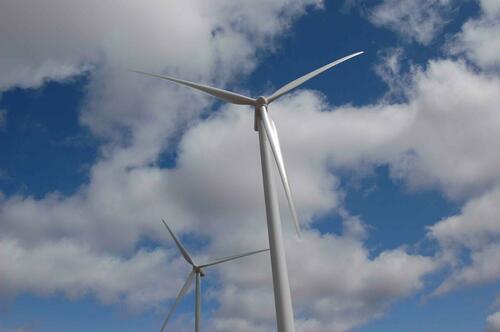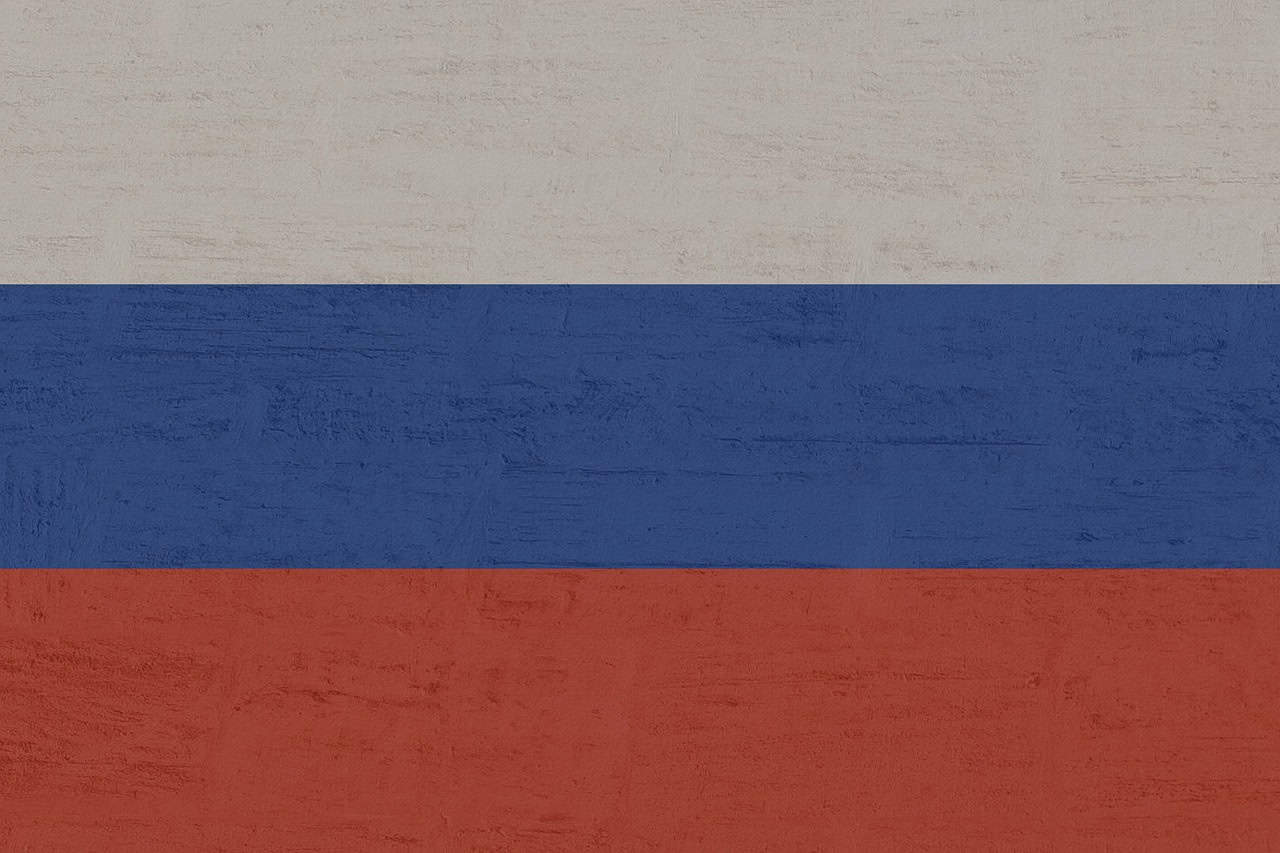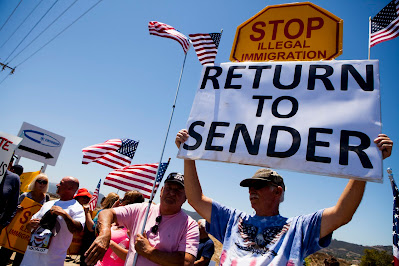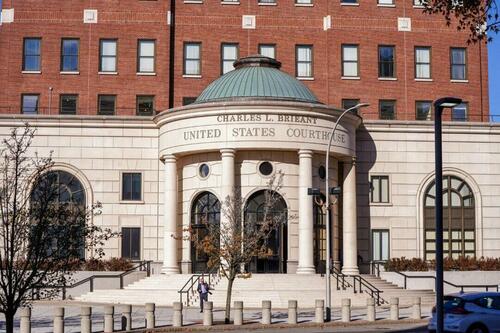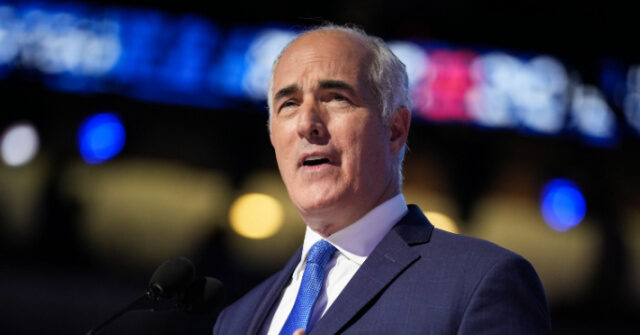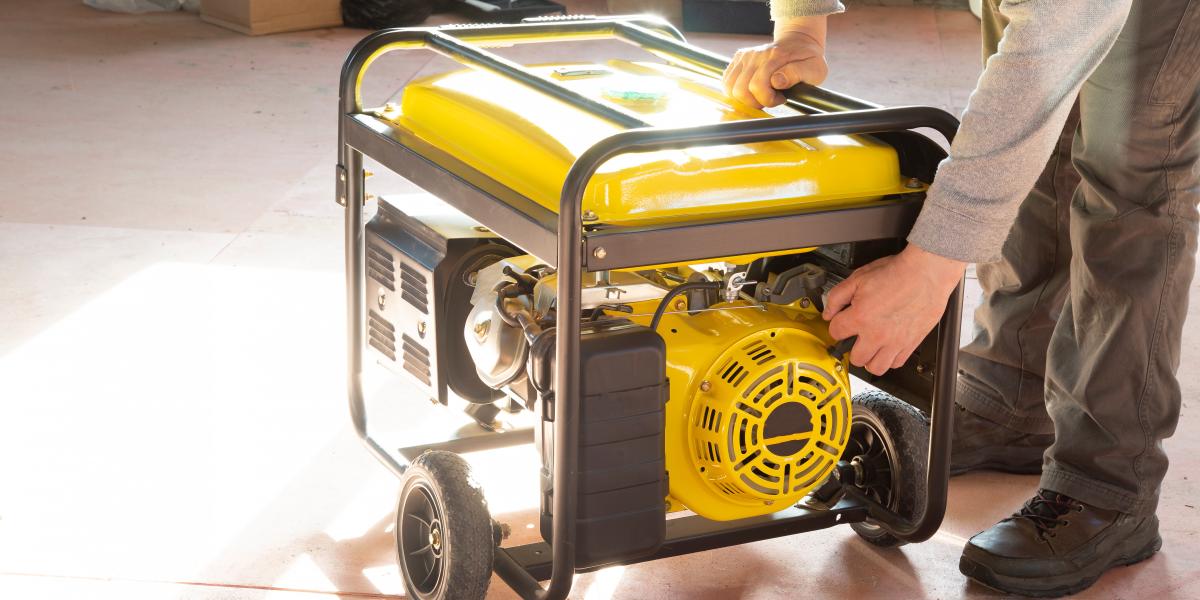
So here we are again.
I remember watching, nineteen years ago, as Hurricane Katrina devastated New Orleans and surrounding areas. I remember donating bags full of supplies to an organization that was collecting them in New York City and taking them to the stricken areas. I remember hearing about people who lived in those areas coming together, getting organized, and doing whatever they could to help each other – and I remember hearing about FEMA agents doing everything they could to prevent them from helping each other.
For those who missed out on that experience, or have forgotten about it, here are some highlights, courtesy of A Midwestern Doctor:
Two days before the storm made landfall, while FEMA was floundering, the [Mormon]
church dispatched 10 trucks full of tents, sleeping bags, tarps to cover wrecked roofs, bottled water, and 5-gallon drums of gas from its warehouses to New Orleans and other hard-hit areas. The supplies were distributed in an orderly fashion to people who desperately needed them.
The Cajun Navy are informal ad hoc volunteer groups comprising private boat owners
who assist in search and rescue efforts in the United States as well as offer disaster relief assistance. These groups were formed in the aftermath of Hurricane Katrina and reactivated in the aftermaths of the 2016 Louisiana floods, Hurricane Harvey, Hurricane Irma, the 2018 Hidalgo County flood, Hurricane Florence, Tropical Storm Gordon, Hurricane Michael, Hurricane Laura, Hurricane Ida, Hurricane Ian, and Hurricane Helene. They are credited with rescuing thousands of citizens during those disasters.
FEMA’s response to such efforts was to seize generators and other supplies, threaten to arrest anyone who crossed their imaginary lines, and in at least one case, shoot a man who was getting impatient standing in line for supplies.
This book has a pretty good accounting of all that, for anyone who is interested.
A Midwestern Doctor goes on to tell us that FEMA is repeating its destructive – and I would go so far as to say criminal – behavior in the aftermath of Hurricane Helene:
“…consider this headline:
A South Carolina pilot who flew stranded Hurricane Helene victims in flood-ravaged North Carolina to safety claims he was told he would be arrested if he continued the rescue missions.
“Many (very frustrated) citizens in turn, are also reporting that FEMA, beyond doing nothing, is prohibiting them from providing aid to the trapped citizens there (while the citizens for days have remained trapped and in desperate need for supplies—to the point looting is beginning to occur).
“Sadder still, many of those who could deliver the supplies (e.g., helicopter pilots) are instead being threatened with arrest (e.g., see this testimony, this testimony, this testimony, this testimony, ), and more curiously independent truckers trying to deliver relief supplies to the area are reporting their tires are being slashed at stops.
“Note: a no-fly zone has also been established (which cannot be bypassed in a drone unless the operating system is hacked), which is particularly egregious in this case since Drones are vital for locating stranded individuals who need help.”
There is more, and I encourage you to read the full post here.
But – and with the caveat that A Midwestern Doctor is producing some of the best health and medicine reporting in the post-Covid-panic world, and I don’t mean to dump on him – his meta take on the situation is simply bizarre. He labels all of this “disaster capitalism”, and concludes that “we need to stop putting profits before people.”
So let’s just back up a little, because AMD is not the only person committing this gross error, and the more people who take up any variety of anti-capitalist chant, the harder it is going to be for us to get at the source of the problem.
So, very, very simply:
Here’s what “capitalism” is: A system in which the means of production are owned privately, and where private property rights are respected to a great extent.
Here’s what FEMA is: A government agency that is NOT owned privately, that gets its funding from money that has been taken from people without their consent, and has the power to seize and even destroy the property of others.
Can you see that the two are not the same thing?
Can you see that they are, in fact, fundamentally incompatible?
Can you see that looking at the actions of FEMA, and the overlords who tell it what to do, and blaming any kind of “capitalism” at all for those actions, is completely nonsensical?
It may seem as if I am being pedantic here. “Who cares what terminology he uses! People are dying!”
Yes, people are dying. Again. And many, many, more people are dying unnecessarily, because of the involvement of FEMA and other government agencies. They are dying because people don’t understand the difference between capitalism and the state.
Folks didn’t learn this last time. They didn’t learn it with Katrina, they didn’t learn it with Lahaina, and most of them still haven’t learned it with Covid.
The government is not there to help you.
The government is not your friend.
The government is, in fact, your enemy.
I remember, during and after Katrina, trying to make this point with my “political” friends. You know, the ones who believe in the political system, who believe that voting is how we make things better, and if only the “right” people were in charge everything would all be fine.
What some of these friends told me was that FEMA messed up the Katrina response, NOT because government actors are acting under backwards incentives and have no reason to work to benefit other human beings and very little incentive not to harm them – but because the wrong people were in charge. It was all because the head of FEMA was a Bush appointee, and also some kind of horse breeder or something.
I’m excited to hear what my political friends come up with this time around.
Meanwhile, and in spite of government efforts to “help”, folks are hard at work helping those in need, getting supplies to where they are needed, and rebuilding.
Says Starr of Appalachia:
”Immediately in the days after the storm, I began to see inspiring stories of mountain people helping each other. Of folks on horses and mules, carrying supplies to the more remote communities that have been cut off by this storm. Of restaurants and food trucks hooking up generators and serving free food to the community. Of friends running dangerous supply missions to Charlotte and back. Of neighbors building foot bridges across ravines so people can get out to buy groceries. Yes, it’s dire. But Appalachia has got this.”
For anyone looking for reputable, non-thieving, organizations to which to donate, Starr has provided a list.
Nurse Freedom Network is also taking donations and getting them to where they are needed.
I sometimes don’t know what to think about my fellow humans. Over and over again, the institution of the state has shown itself to be the enemy of humanity (I haven’t even mentioned what’s been going on in – centrally regulated and funded – hospitals these past four years), yet so many of us insist on clinging to it as if it is the one thing upon which our survival depends. I often find myself thinking “well, if this isn’t enough to convince you that the state is not your protector, but is the most deadly threat to your existence, then there’s nothing I can do to help you.”
But then I see all of those folks in Appalachia, just getting out there and doing what needs to be done, routing around the damage that is the state – whether they recognize it as such or not – and I think, maybe we’re going to be OK anyway.
Originally published at LewRockwell.com.
Originally Posted at https://mises.org/
Stay Updated with news.freeptomaineradio.com’s Daily Newsletter
Stay informed! Subscribe to our daily newsletter to receive updates on our latest blog posts directly in your inbox. Don’t let important information get buried by big tech.
Current subscribers:

